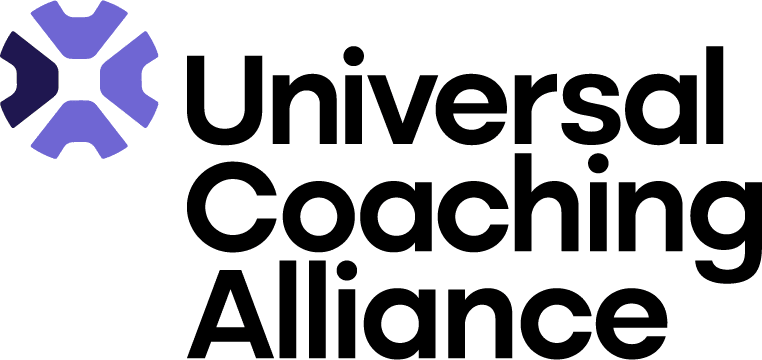It’s not what you think
Action Learning has been misrepresented in learning and development fields for years. Bold statement I know, but hear me out..
Action Learning has mistakenly become synonymous for group coaching. Usually there is a facilitator present who is a good coach and able to hold space for individual insights and learning, and is able to encourage the group to ask questions, make reflections and offer feedback to enhance each individual’s own learning experience. Before you say “wait what, that’s exactly what I thought Action Learning was, why are you now saying it’s not?”, I’d like to be clear that indeed all of that does happen in Action Learning, it is just not ALL Action Learning is.
Just take a look at the history of Action Learning, google Reg Revans, and you’ll see that the originator of the theory very much focussed on ACTION and learning through action. Action Learning is therefore not a purely reflective self-development coaching process, it is very much a process which involves experimentation, trial and error, collaborative and community learning. It is the antidote to the idea that learning gets “transferred” from the classroom (or coaching room) to the workplace, as it very much positions learning as taking place IN the workplace. Yes there is group work, but the group (usually called an Action Learning Set) provides a supportive, insightful and reflective process to help people solve real world problems and challenges, and then those solutions get implemented in the workplace, which is where the team and organisation learning happens….meaning, Action Learning is collaborative, and is equally about the WE as the I.
Of course, individual learning takes place at every stage of the process, but usually the major pay-offs are at team and/or organisation level, and Action Learning can be a real driver for organisational level change.
You may say that team coaching is also about action and organisational change, so is Action Learning the same as team coaching? In some ways they are similar, there is definite overlap in terms of the coaching skills required of the set/group facilitator, and similar knowledge required about group dynamics, power dynamics, communication flows, effective feedback, insightful questions etc. However, Team Coaching is often focussed just on one team, sometimes a team with problems and challenges in the way they operate as a team, and it’s the team dynamics that are the focus of the coaching. Action Learning however is systemic in its nature, and often works best with cross-functional group members, rather than intact teams, and when led from the top in a courageous, forward thinking organisation, it can be a powerful force for organisational, and I believe, even societal change.
Ideally Action Learning sets should consist of peers, and be self-managed, i.e. shouldn’t need a facilitator/coach managing the process. In reality however, an independent coaching-minded person is a great asset to a set to help manage group dynamics, keep the focus on action, and keep up learning momentum. So Action Learning Faciltiators and Coaches have a great deal in common, and I look forward to sharing more in the coming months about how we can learn from each other.
Next Steps:
Events:
Review the UCA Events Calendar to find events relating to this theme
Resources:
You Tube Video:
Action Learning – Introduction by Reg Revans
Follow UCA on LinkedIn – UCA LinkedIn Page

 1 Year of UCA: Celebrating Growth, Impact & the Future of Coaching!
1 Year of UCA: Celebrating Growth, Impact & the Future of Coaching! 